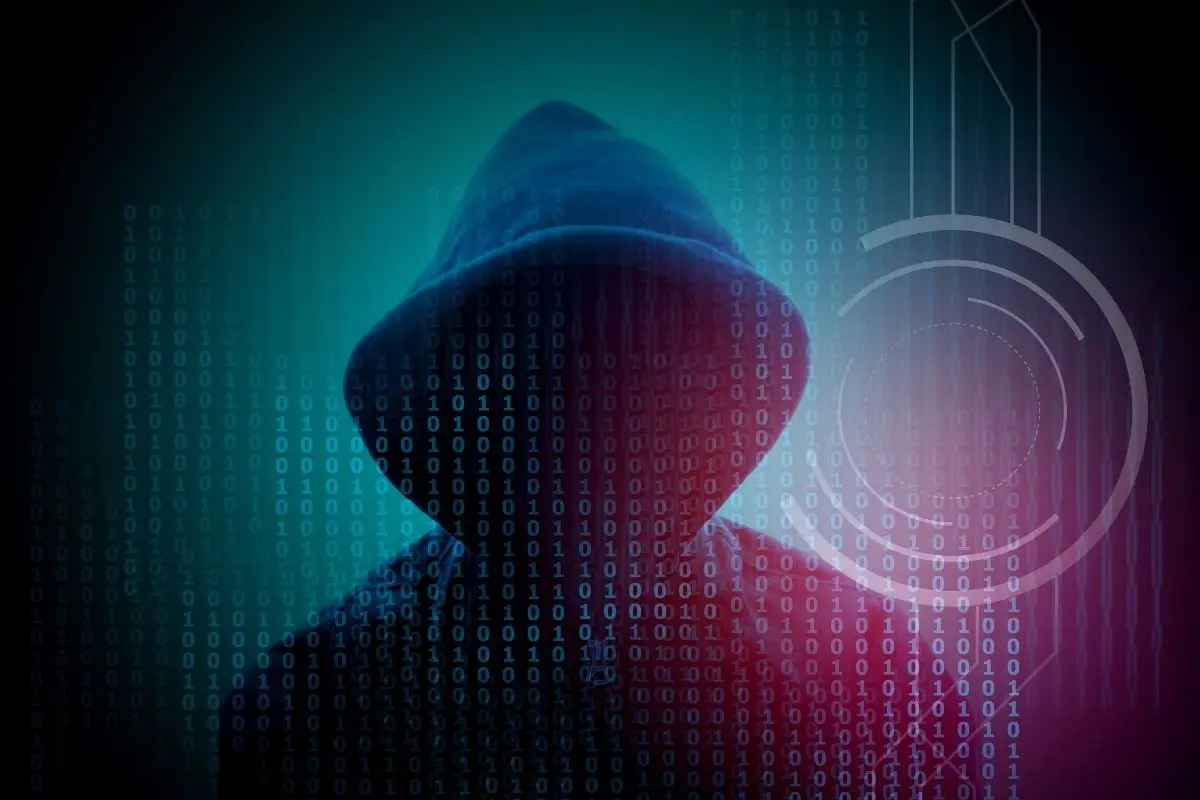
How To Improve Your Business Security
Businesses face all kinds of physical threats, from theft, vandalism, and trespassing on their premises. With many workplaces switching to hybrid working, business security takes on even more hybrid risks. Hacks, phishing, and cybercrimes are more rampant than ever, and that doesn’t discount the physical dangers facing emptier and more vulnerable offices.
Therefore, companies must audit and update their security measures to keep themselves, their employees, and their property safe. This guide covers external, internal, and digital security tips, delivering plenty of practical business security tips.

External Business Security
Securing Your Perimeter
Physical premises still face dangers from opportunistic break-ins, and your perimeter forms your company’s first line of defence against unwanted intruders. A step as simple as inspecting your walls, fences, and boundaries could make the difference between security and an expensive burglary. Protect your business by keeping an eye out for climbable gates, gaps appearing in your fences, or walls falling into disrepair.
Boosting Business Security with Smart Entry Systems
Of course, keys and locks remain a founding principle of effective security. Many businesses upgrade their external locks to deadbolts and three-point locking mechanisms to deter lock-picking and easy crowbarring. Secure businesses ensure keys are monitored and distributed carefully, taking care to change keys or locks when moving to new premises or hiring new staff.
Technology eliminates many of these concerns when businesses invest in smart clocking in machines. Biometric scanners and remotely monitored access help business owners stay in control of their premises by creating flexible, tracible, secure entry and exit points.
Identifying Weak Spots on Your Premises
Think like a burglar, and work out the most vulnerable areas in your business. Quiet warehouses often fall prey to touring robbers. It’s also important to protect car parks. Employees might worry about their safety and property as they enter and exit their vehicles unless you beef up business security.
Securing Your Windows
Some windows of opportunity are more positive than others. For example, take steps to ensure your windows don’t attract opportunistic burglars. Fitting windows with robust, accredited, and alarmed locks makes a huge difference to your security. Glass is obviously more vulnerable than brick and mortar, so it’s worth investing in reinforced windows, which may also insulate your heating bills. Something as simple as hiding valuables, like you’d do in a house or a car, will also decrease a burglar’s incentives.
Keeping an Eye Out With CCTV
It’s not the nineties anymore, and camera technology has come a long way since then. CCTV doesn’t have to be grainy, black and white, and hard to watch back. Even with state-of-the-art cameras, it’s also important to regularly review the footage they capture to ensure it’s functioning correctly, and stay vigilant for suspicious activity.
Illuminating Your Business Security
In tandem with effective camera surveillance, bright external lighting helps keep businesses safe and secure. Crimes often occur under the cover of darkness, and if you limit this cover, you also limit the crimes. Timed lighting and floodlights activated by infrared movement sensors both offer great ways to illuminate your premises.
Internal Business Security
Taking your external measures inwards
External measures like camera surveillance and clocking in machines for secure rooms keeps your safety consistent throughout your premises. These systems allow you to collect data about the comings and goings inside your business. Crucially, you can also remotely monitor your security from home or on the go.
Keeping Your Documents Secure
If there is a burglary in your office, you don’t want to have to worry about confidential documents being damaged or stolen. Keep robust, sturdy, locked filing cabinets, and ensure your employees know to shred any superfluous hard copies if they’re confidential.
Employee Guidance and Business Security Policies
Speaking of keeping your employees in the know, it’s crucial that you implement practical security training. Your employees might forget to lock up the building when they clock out, if they leave a window open, or if they let an unauthorised person into your premises. If you’re clear about your policies, you’ll know who to hold accountable when things go wrong.
Keeping Track of Your Assets
Knowledge is power, and understanding your premises gives you the power to uphold strong business security. This includes keeping a detailed and regularly-checked inventory of all of your property. If you don’t already have one in place, this may seem like a bit of a chore. However, delegating this responsibility to a Head of Security, who also delivers training and enforces other security measures, streamlines your business while keeping it secure.
Resting Assured with Insurance
As long as you do your due diligence, you can rest assured in safe premises. However, even safe premises get broken into every now and then. Taking out insurance on your building, specifically on your high-value assets, protects your peace of mind and livelihood.
Digital Business Security
Authenticating
With the global workforce telecommuting from home now more than ever, it’s just as important to log on securely as it is to lock up your building’s front door. Two-factor authentication of your company’s digital portals ensures that the right people can access the right files and services. That keeps your digital business secure.

Encrypting
The more important a file is, the more you should think about encrypting it. Encryptions stop criminals from using your digital property, even if they steal or intercept it from you. Things like encrypted SFTPs (secure file transfer protocols) can make the difference between expensive losses and professional business security.
Updating
Cracks appear in old hardware and old software, and thieves can break in through those cracks to steal your valuable data. Ensuring you regularly update the PCs in your office, along with keeping your remote workers up to date, keeps them safe online. It might seem expensive and unnecessary, but hacks are bad for business too, and they could cost you more in the long run.
Regulating and training
Security policies protect your digital world, as your premises in the physical world too. If your employees know what a phishing email is, they’re far less likely to click on one. If they know what GDPR is, they’re far less likely to breach it and leak data. Essentially, educating your staff, and holding them responsible for their new knowledge, lays the foundation for fool-proof business security.
Communicating
Communication is key, but in this instance, it can also support the locks keeping your business secure. Beyond communicating digital security basics with your employees, you should also encourage them to let you and your IT team know if anything’s amiss online. If they receive a suspicious email, or files move around in an unusual manner, or software goes haywire, the sooner you know about it, the safer your business. Digital safety also meets physical safety when you communicate online with local residents and business owners about security measures and threats in your area.
Conclusions: How to Improve Your Business Security
As you can see, there are several parallels between the attitudes and principles required to maintain your business security internally and externally online. Knowing your strengths and weaknesses in each capacity and keeping yourself and your team aware of them as they evolve gives your business the best chance of staying secure.

Zoë Mouter is the joint owner and director of Egress Systems, a leading provider of time and attendance solutions. With two decades of experience in the workforce management sector, Zoë collaborates with HR, payroll, and IT experts to deliver tailored solutions across a diverse range of industries, including logistics, manufacturing, retail, hospitality, education, charities, waste management, and healthcare.
Before founding Egress Systems, Zoë honed her skills over 10 years as an IT professional at global data and technology companies Experian and Egg. During this time, she worked with multinational clients such as MBNA, Morgan Stanley, and Argos, specialising in the credit card processing sector.
Zoë holds a first-class degree in English Language and Literature from Liverpool University, alongside a Masters in Viking Studies and a TEFLA certification (Teaching English as a Foreign Language to Adults). While her focus has shifted from Viking history to Nordic walking, she enjoys expressing her creativity through ceramics, often crafting unique tea and coffee pots on her pottery wheel.
